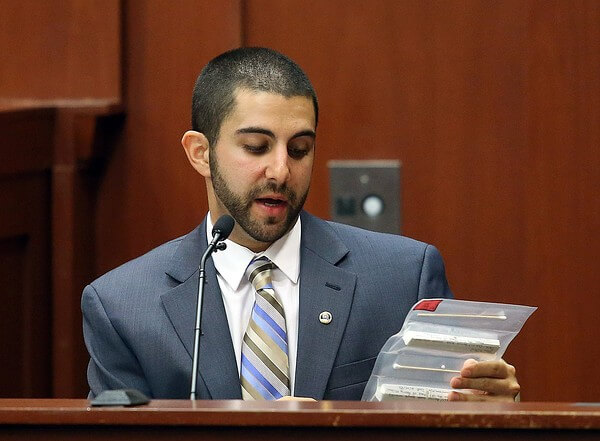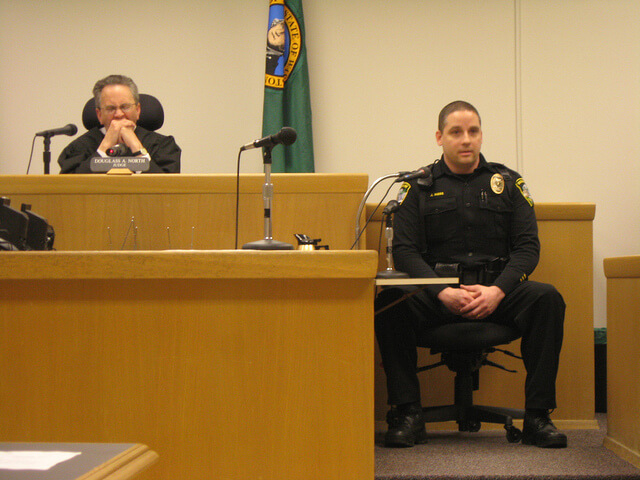Thanks for joining us for part 3 of our series on expert witnesses! Today we’ll be discussing some different kinds of expert witnesses, what they do and the kinds of cases they testify in.

Medical Expert Witness
Medical expert witnesses are perhaps the most common kind of expert witnesses. They are most commonly found at medical malpractice trials and violent crime trials, but they can testify in any case where their expertise is needed. Although a medical expert witness is usually a doctor, they could be a nurse, physician’s assistant or other medical professional. Often the witness will be a the medical examiner who is testifying about the cause and manner of death.
Forensic Expert Witness
Forensic science means any kind of science applied to the field of law. In the case of medical examiners, the forensic expert witness has some overlap with the medical expert witness, but forensic expert witnesses range from ballistic experts to chemists, biologists, blood spatter analysts, psychologists and criminal behavior experts. Most large law enforcement agencies have their own dedicated forensic science teams who they rely on not only to analyze evidence, but to provide testimony in court.
Accounting Expert Witness & Securities Expert Witness
These specialized expert witnesses provide testimony in complex matters of white collar crime and fraud. They may also provide their opinions outside of a criminal context on the standard of care in the securities and banking industries. For example, a securities expert witness could testify that an investment company fell short of its responsibility to it’s customers by failing to conduct adequate research before making an investment.
Vocational Expert Witness
A vocational expert witness is a special kind of expert witness called by the social security administration when someone appeals a denial of social security disability benefits. Commonly the Social Security Administration will deny benefits to a disabled individual because they believe that they’re capable of working despite their disability. The vocational expert is called to offer their expert opinion about the whether the appellant is capable of working. They will consider the person’s physical and mental limitations, the transferrable skills they have from past jobs and the state of the job market in fields in which the appellant is qualified to work.
Vocational experts are often treated with suspicion by lawyers representing disabled individuals because although they are supposed to have expert knowledge about working conditions, physical demands of occupations, transferability of skills and numbers of jobs, they don’t need to have any specific qualifications or training to hold the job. In fact, although vocational experts are technically independent contractors, and are supposed to be impartial, the fact they are hired exclusively by the Social Security Administration means that like forensic expert witnesses, their objectivity is often called into question.




